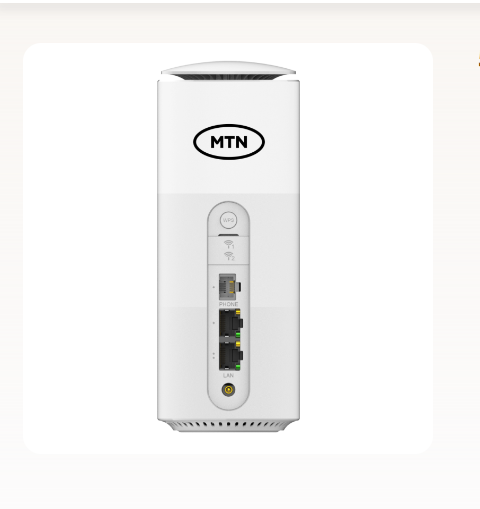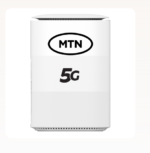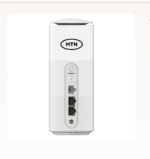A 5G broadband router is a device that connects to the 5G cellular network and provides internet access to devices within its range. It functions similarly to a traditional broadband router but uses the latest 5G technology to offer faster speeds, lower latency, and improved capacity.
Key Features
- 5G Connectivity:
- Utilizes the 5G network for high-speed internet access.
- Supports both standalone (SA) and non-standalone (NSA) 5G networks.
- Backward compatible with 4G LTE and other previous generations.
- High-Speed Internet:
- Capable of delivering gigabit speeds, significantly faster than 4G LTE.
- Suitable for bandwidth-intensive activities such as streaming 4K/8K videos, online gaming, and large file transfers.
- Low Latency:
- Offers lower latency than previous generations, ideal for real-time applications such as online gaming and video conferencing.
- Enhanced Capacity:
- Can handle a higher number of connected devices simultaneously without significant loss of performance.
- Suitable for smart homes and IoT (Internet of Things) environments.
- Wi-Fi 6 Support:
- Many 5G routers come with Wi-Fi 6 (802.11ax) support, offering improved performance and efficiency.
- Provides better performance in crowded areas and improved battery life for connected devices.
- Multiple Ports:
- Typically includes multiple Ethernet ports for wired connections.
- USB ports for network-attached storage (NAS) or printer sharing.
- Advanced Security:
- Features such as WPA3 encryption, VPN support, and built-in firewalls to ensure network security.
- Parental controls and guest network access for added control and security.
- Mesh Networking:
- Some 5G routers support mesh networking, allowing users to expand their network coverage with additional nodes.
- Provides seamless coverage across larger areas, eliminating dead zones.
Benefits
- Mobility and Flexibility:
- Can be used in areas without traditional wired broadband infrastructure.
- Portable, making it ideal for temporary setups or locations with limited broadband options.
- Future-Proof:
- Ready for the future of internet connectivity with support for upcoming technologies and standards.
- Improved User Experience:
- Enhanced speed, capacity, and lower latency lead to a better overall user experience for all internet activities.
Use Cases
- Home Internet:
- Primary or backup internet connection for households, especially in areas with poor wired broadband availability.
- Business and Enterprise:
- Reliable and high-speed internet for small to medium-sized businesses.
- Supports remote work, video conferencing, and cloud services.
- Rural and Remote Areas:
- Provides high-speed internet access in rural and remote locations where traditional broadband is not feasible.
- Travel and Mobile Applications:
- Portable internet solution for travelers, events, and temporary setups.
Considerations
- 5G Coverage:
- Availability of 5G services may vary by region; ensure your area has sufficient 5G coverage.
- Data Plans:
- 5G data plans may be more expensive compared to traditional broadband plans.
- Consider data usage requirements and available plans from service providers.
- Initial Cost:
- 5G routers may have a higher upfront cost compared to traditional routers.
- Evaluate the cost-benefit ratio based on your specific needs and usage.
Conclusion
A 5G broadband router is a powerful and flexible tool for accessing high-speed internet, offering significant advantages in terms of speed, capacity, and latency. It is suitable for a wide range of applications, from home and business use to mobile and rural setups. As 5G coverage expands, these routers will become increasingly valuable for providing reliable and fast internet connectivity.





 Chargers
Chargers
















Reviews
Clear filtersThere are no reviews yet.